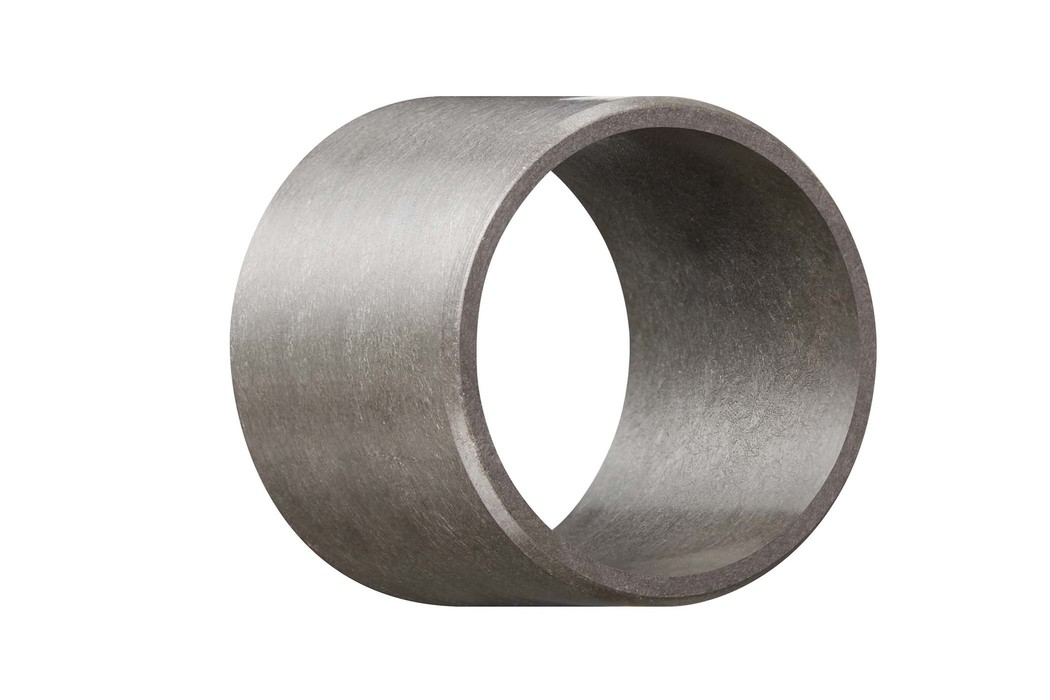Material Hub > Materialien
Materialien
-
Kategorie ThermoplasteEinsatztemperatur -200 – 80 °CDichte 0.96 g/cm³
-
Kategorie ThermoplasteEinsatztemperatur -200 – 80 °CDichte 0.96 g/cm³
-
Kategorie ThermoplasteEinsatztemperatur -200 – 80 °CDichte 0.95 g/cm³
-
Kategorie ThermoplasteEinsatztemperatur -200 – 80 °CDichte 0.94 g/cm³
-
Kategorie KunststoffeEinsatztemperatur –Dichte –
-
Kategorie KunststoffeEinsatztemperatur -20 – 80 °CDichte 1.08 g/cm3
-
Kategorie KunststoffeEinsatztemperatur –Dichte –
-
Kategorie ThermoplasteEinsatztemperatur -40 – 130 °CDichte 1.46 g/cm³
-
Kategorie ThermoplasteEinsatztemperatur -60 – 250 °CDichte 1.31 g/cm³
-
Kategorie ThermoplasteEinsatztemperatur < 260 °CDichte 1.31 g/cm³
-
Rhenolub® MK I (GR) (einem organischen Bindeharz mit Molybdändisulfid und Graphit)
Rhenotherm Kunststoffbeschichtungs GmbH
Kategorie KunststoffbeschichtungEinsatztemperatur -70 – 280 °CDichte – -
Kategorie KunststoffbeschichtungEinsatztemperatur -40 – 200 °CDichte –
-
Kategorie KunststoffbeschichtungEinsatztemperatur -40 – 200 °CDichte –
-
Kategorie KunststoffeEinsatztemperatur 0 – 170 °CDichte 1.32 g/cm³
-
Kategorie KunststoffeEinsatztemperatur -20 – 140 °CDichte 1.79 g/cm³
-
Kategorie KunststoffeEinsatztemperatur -20 – 140 °CDichte 1.78 g/cm³
-
Kategorie KunststoffeEinsatztemperatur -20 – 100 °CDichte 1.4 g/cm³
-
Kategorie KunststoffeEinsatztemperatur -50 – 85 °CDichte 1.34 g/cm³
-
Kategorie KunststoffeEinsatztemperatur -20 – 60 °CDichte 1.42 g/cm³
-
Kategorie KunststoffeEinsatztemperatur -20 – 60 °CDichte 1.41 g/cm³







